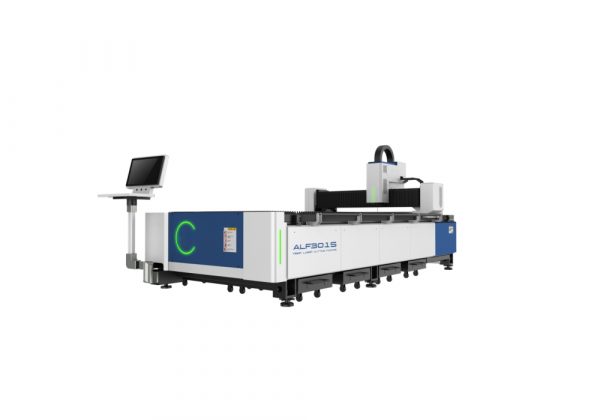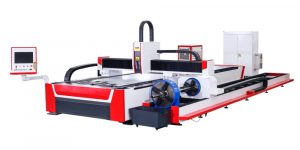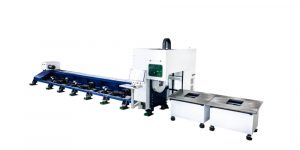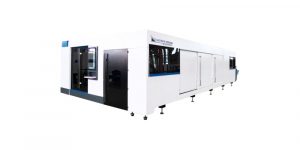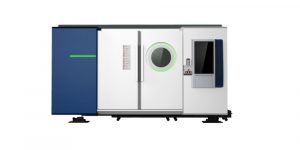Usage Scenarios
1. Manufacturing Industry: Used in the automotive, aerospace, and heavy machinery manufacturing for producing high-strength and complex-structured metal parts.
2. Sheet Metal Workshops: Provides efficient cutting solutions for various sheet metal processing enterprises, meeting the needs for rapid prototyping and small-batch production.
3. Advertising and Decoration Industry: Used for creating high-precision billboards, decorative panels, and artistic sculptures.
4. Home Appliance Manufacturing: Cuts home appliance casings and internal components to achieve high quality and precision requirements.
5. Construction and Interior Design: Provides high-quality cutting and engraving services for metal structural components, railings, and decorative panels.
Problems Solved by Fiber Laser Cutting Machines
1. Enhancing Production Efficiency:
1.1 Issue: Traditional cutting methods are slow and lack precision.
1.2 Solution: Fiber laser cutting machines offer rapid cutting capabilities, reducing production time.
1.3 Advantage: Automated operation, capable of continuous 24-hour work, reducing the need for manual labor.
2.High Precision and Stability:
2.1 Issue: Traditional equipment has large errors, leading to material waste.
2.2 Solution: Laser cutting, with its high precision, reduces waste and improves material utilization.
2.3 Advantage: Each cut achieves consistent quality and standards.
3.Multifunctional Processing:
3.1 Issue: Different materials and thicknesses require multiple equipment changes.
3.2 Solution: Fiber laser cutting machines can handle various metal materials and thicknesses, reducing the need for equipment changes and adjustments.
3.3 Advantage: Enhances the flexibility of the production line and overall processing capabilities.
